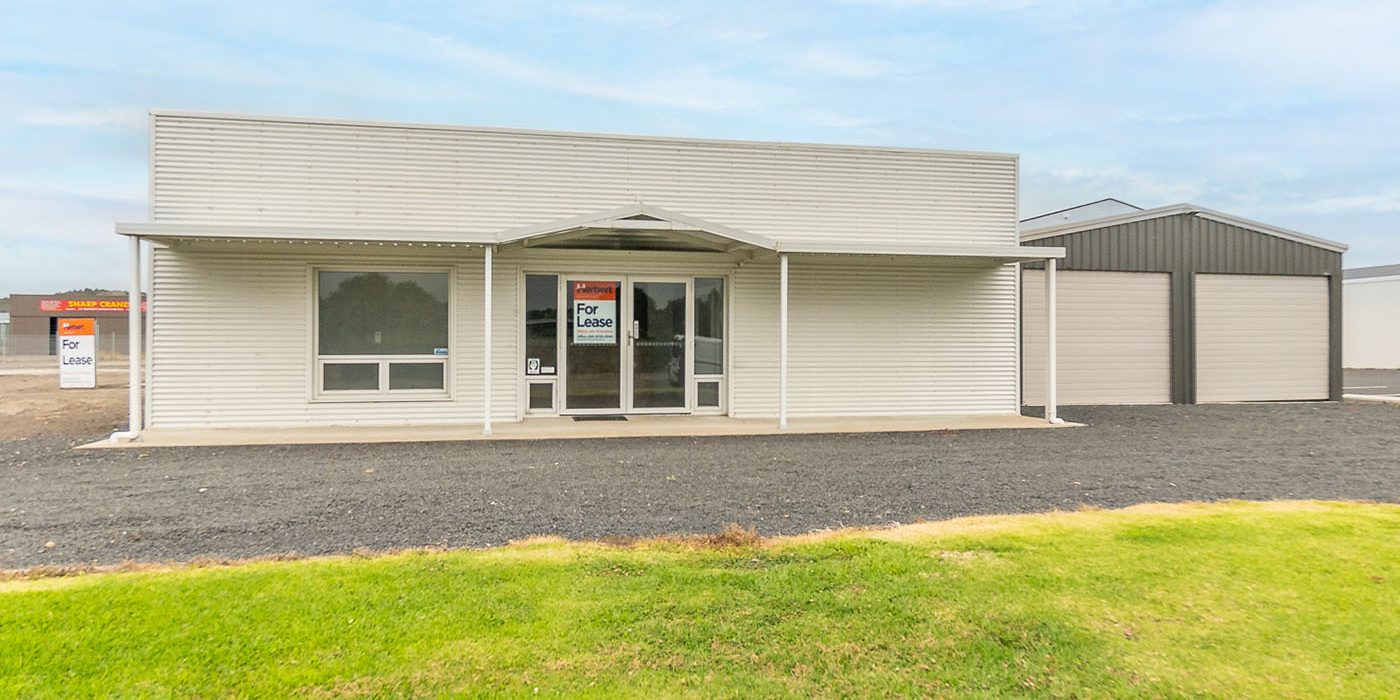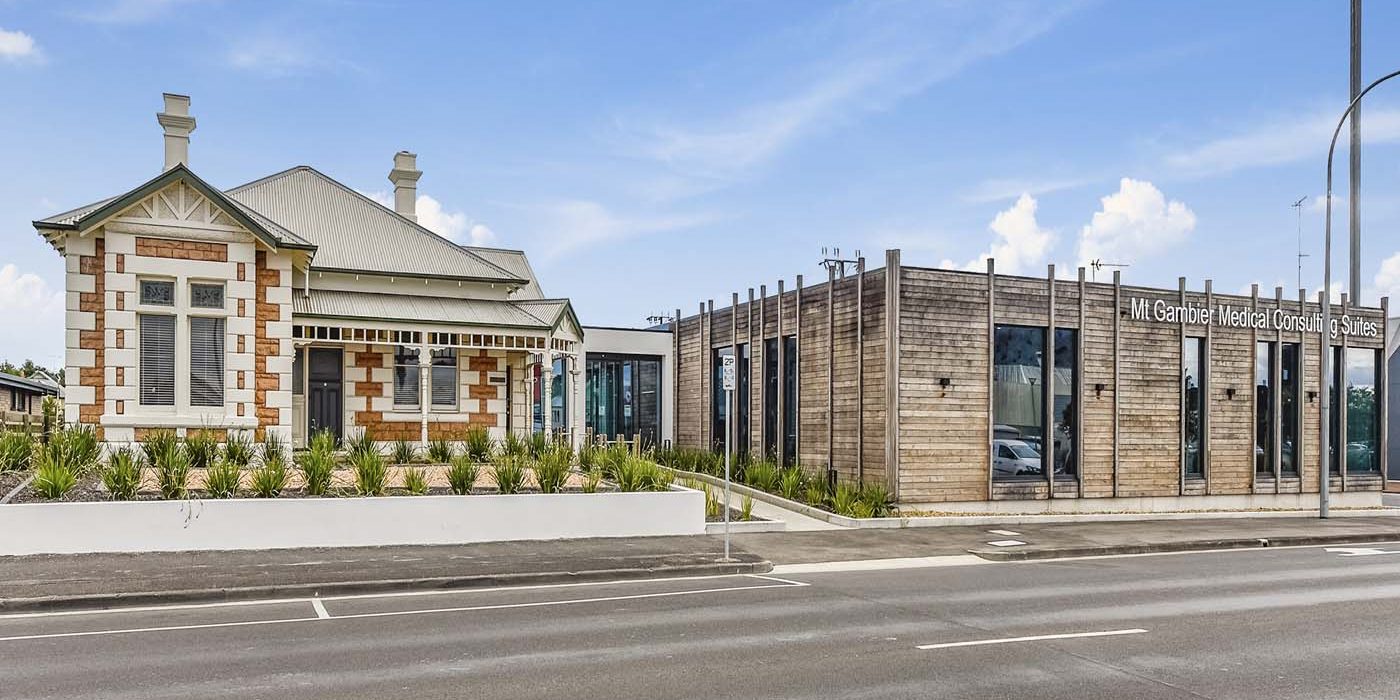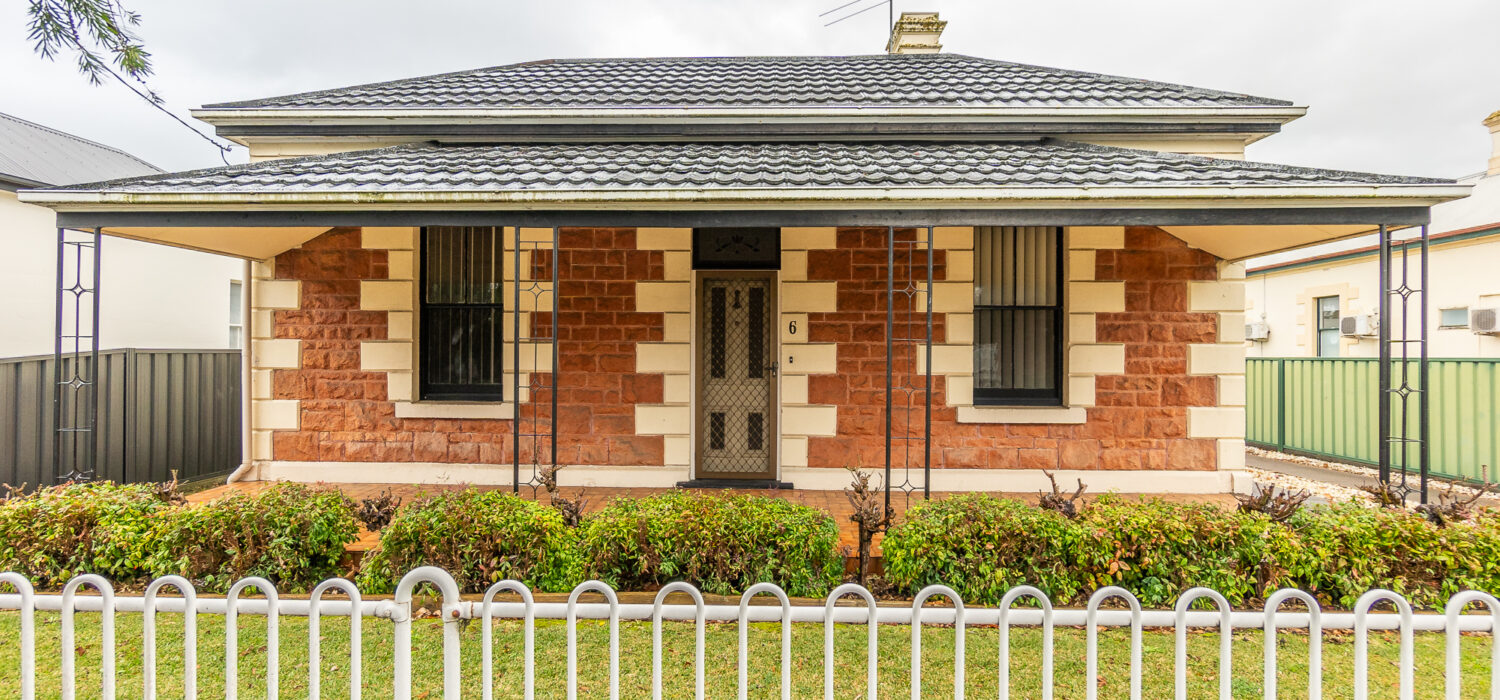The end of financial year is fast approaching, which means it’s almost tax time. If you’re new to property investing, this may be daunting. You may be unsure of what you need to declare, what you can claim, and what records you need to give your tax agent. In this article, we’re going to look at these three points, so you can easily get your residential or holiday rental paperwork in order.
If you own a property that generates income (i.e., rent), you must declare that income on your tax return. The good news is that you can also claim a lot of deductions for property-related expenses.
The key is keeping records. For your tax agent to determine what rental income you must declare and what deductions you can claim, you must give them proof. The rule of thumb is: keep records of every transaction over the period you own the property. This includes purchase and sale contracts and conveyancing and loan documents.
Let’s look at income and expenses more thoroughly, including the key documents you need.
RENTAL INCOME
If you receive income in the form of rent from your investment property, you need to declare it on your tax return. To prove this income, you’ll need either:
- A statement from your property agent or,
- A rent book or bank statement that shows the rental payments going into your account
Other types of rental-related income also need to be declared. This can include:
- Short-term rental arrangements (e.g., rental of a holiday home)
- Sharing part of your home (i.e., if you rent a room out)
- Insurance payouts – if you receive an insurance payout to compensate for lost rent, this is deemed as income
- Letting or booking fees for holiday rentals
- Rental bond money you retain – this is deemed as income if you keep it (e.g., if a tenant defaulted on rent or damaged the property)
Once again, you must provide your tax agent with records of any rental-related income.
RENTAL EXPENSES
This is the good part for investment property owners. You can claim an array of expenses related to the purchase and upkeep of your property. The main documents you’ll need are:
- Bank statements showing interest charged on money you borrowed for the rental property
- Loan documents
- Land tax assessments
- Documents or receipts showing amounts you paid for:
- Advertising
- Bank charges
- Council rates
- Gardening
- Property agent fees
- Repairs and maintenance
You can also claim expenses related to depreciation and capital work expenses. For this, you need documents showing:
- The decline in value of depreciating assets
- Any capital work expenses, such as structural improvements
- Before and after photos for any capital works
Remember: you can only claim expenses for the period your property was rented or when you were actively trying to rent the property. You should give your tax agents any tenancy leases and documents showing periods of personal use of the property.
OTHER RECORDS
You may also need to provide your agent with documents related to the purchase or sale of your property. If you’ve bought a rental property, you’ll need:
- contract of purchase
- conveyancing documents
- loan documents
- borrowing expenses
If you sell your rental property, you need:
- contract of sale
- conveyancing documents
- sale of property fees
- calculation of capital gain or loss
If you own multiple properties, you need to keep separate records for each property. Having individual records ensures that if you sell a property, you can still work out the income and expenses of your other properties. If you keep records of every transaction over the period you own the property, you’ll have no problem come tax time. The more time you spend on record keeping throughout the year, the easier it will be.
















